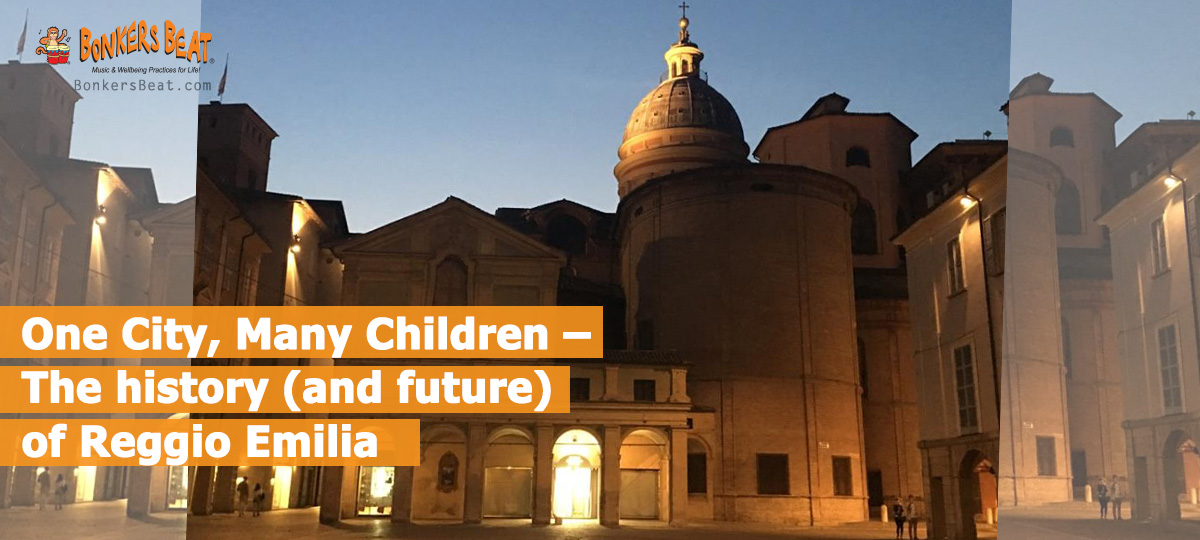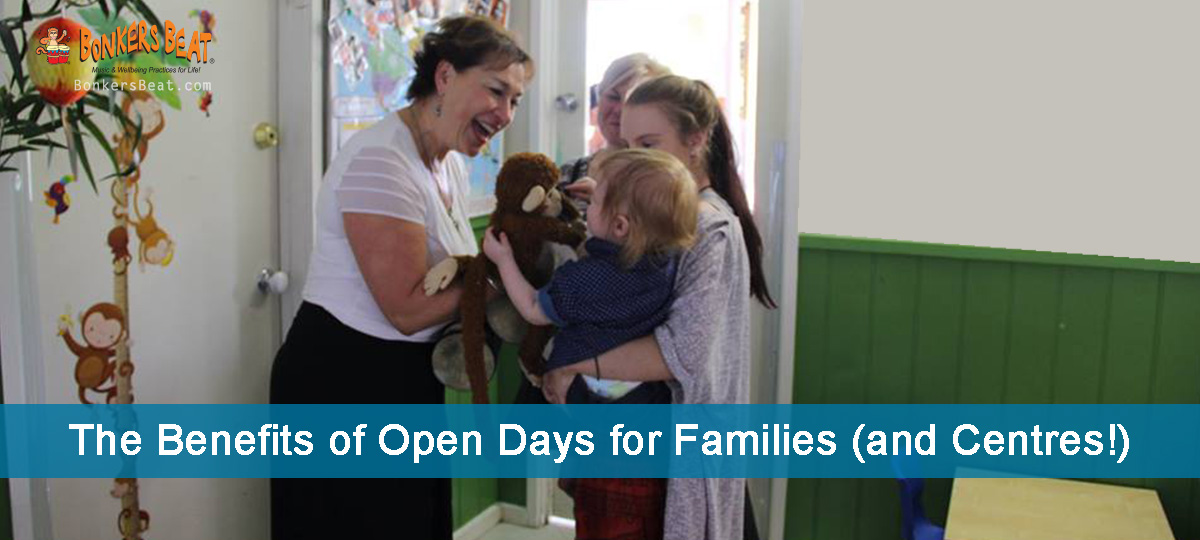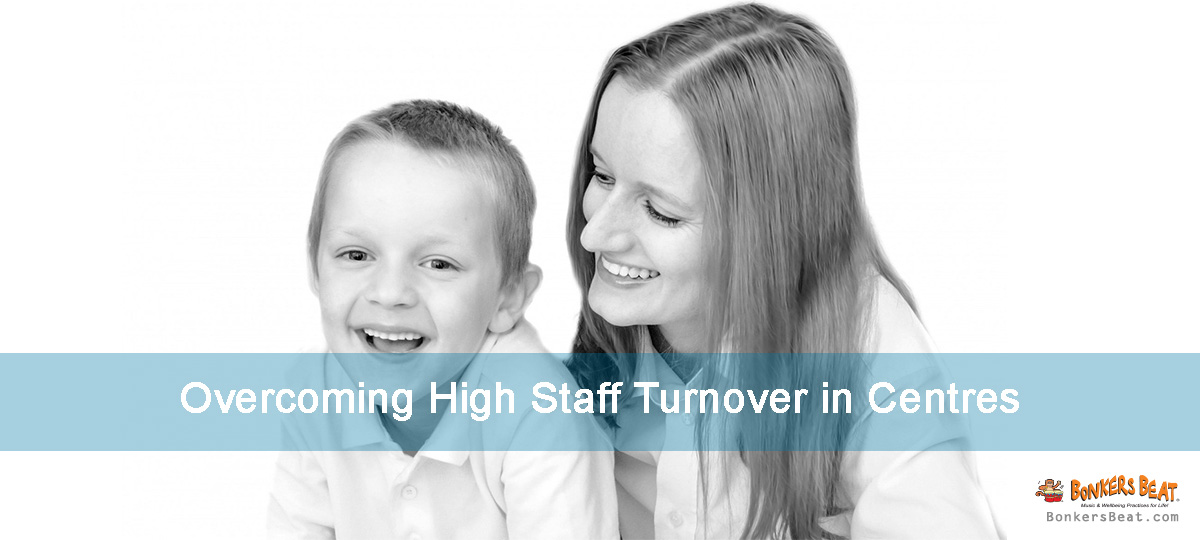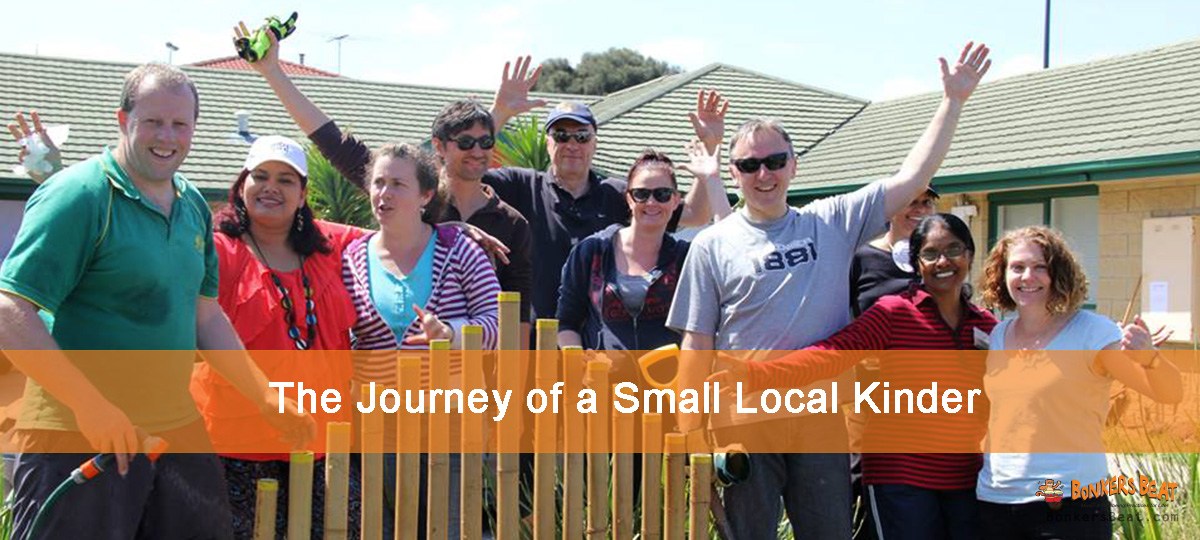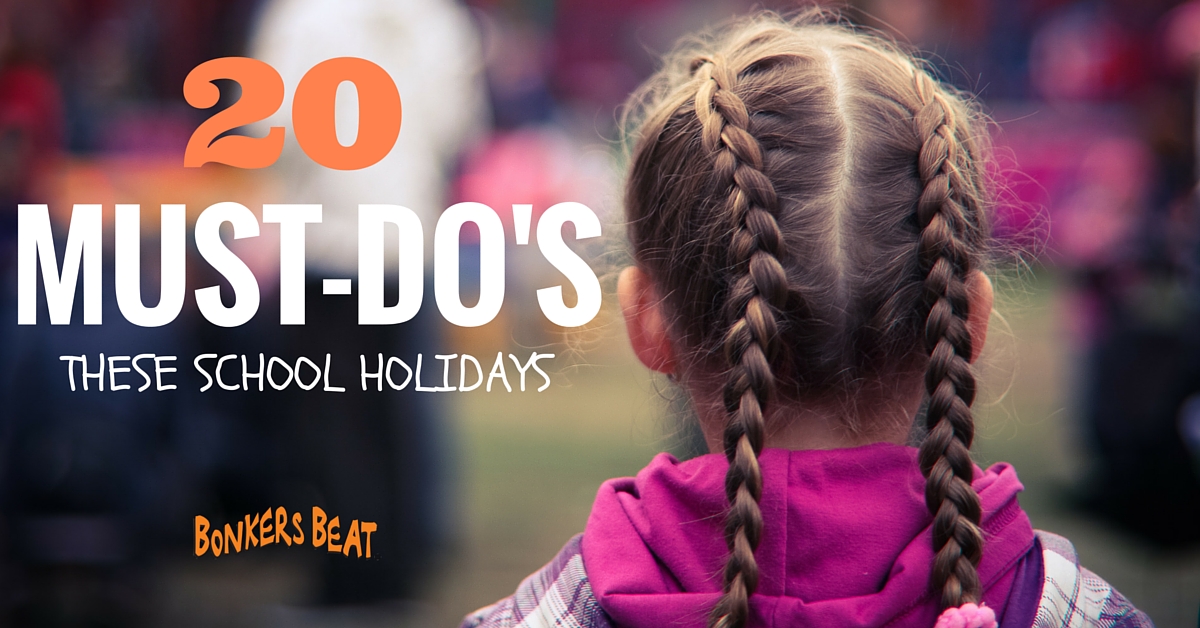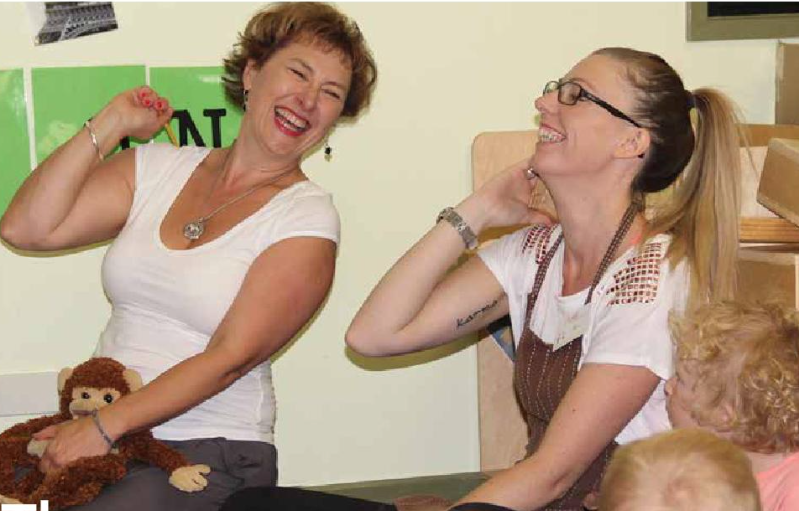At Bonkers Beat we are big believers in the idea that we should never stop learning. That’s why we are looking for opportunities to continue our education and discover more.
For anyone who is passionate about early childhood education, the Reggio Emilia Approach is well worth delving into. In this blog, we’re going to take a look at what it is, how it started and why Reggio Emilia is so important now.
How did the Reggio Emilia Approach begin?
The city of Reggio Emilia in northern Italy was once recognised as the birthplace of lambrusco, parmigiano cheese and even the Italian flag. Today it is renowned for the early childhood education approach that began there and is being adopted all over the world.
The Reggio Emilia Approach was first developed in Italy in a very small city called Reggio Emilia. It was post-war times, with the people in this city looking forward to embracing a change for the better. Equality and hope for the future were front of mind for many.
What is the Reggio Emilia Approach?
Reggio Emilia harnesses the natural connections and curiosity within children’s lives – communities, family, nature – and builds on these to create a learning environment that allows children to blossom.
There is no ‘one way’ of approaching Reggio Emilia – rather than a set of guidelines or a strict pedagogy, Reggio Emilia is, as we refer to it, an approach.
Of course, with Reggio Emilia children flourishing, the approach was fascinating and coveted by countries all over the world. However, only in 70s that some Reggio Emilia values and guidelines were established and others could utilise the power of Reggio’s central elements, those being:
- children’s relationships with other children, teachers, parents and their classroom environment;
- documentation of the children’s learning as a way to make their thinking and theorising visible – and convey a strong image of an intelligent child;
- project work, where children are engaged in explorations of their world, making choices about what they will investigate, and then together with their teachers and peers making meaning;
- the many ways children express themselves called the “100 Languages” with a strong emphasis on the visual arts; and
- active listening, where children’s voices, thoughts and opinions are valued (as much as the teachers’).
[Via The Conversation]
“What children learn does not follow as an automatic result of what is taught, rather, it is in large part due to the children’s own doing, as a consequence of their activities and our resources.” —Loris Malaguzzi, The Hundred Languages of Children
The Master Mind Behind the Reggio Emilia Approach
A local teacher, Loris Malaguzzi, played an influential role, even training as a psychologist in order to gain a better understanding of how to guide families and their children through early years of education. Malaguzzi was passionate about studying a wide range of pedagogies, using parts of theories he believed would best serve the early development of children.
It is safe to say that the Reggio Emilia Approach has been inspired by the likes of Gardner, Montessori, Freud and many others. Malaguzzi worked closely with a small group of educators over the years to develop the Reggio Emilia Approach and train others, ensuring that the focus always remained centred around the child.
Reggio Emilia’s Growth Beyond Italy
More like-minded centres were developed in Reggio Emilia itself and beyond, run with a heavy involvement from parents and communities – and this is at the heart of what the Reggio Emilia Approach is all about.
Play and self-guided exploration are also essential elements of the approach, returning to the idea of a holistic approach – educating the whole child and understanding that each child is unique.
Since its origins in that small Italian city, the Reggio Emilia Approach has been celebrated across the world. From the United States, to Australia, the UK – it has had a far-reaching impact on early childhood education.
It’s interesting to note that you cannot have a ‘Reggio Emilia Centre’ as such unless you are in fact in the city itself. Your centre can incorporate Reggio Emilia’s values and practices into its own philosophy, but there is no certification process to be an official Reggio Emilia centre because they really cannot exist outside of their own historical and cultural circumstances. This should not deter you from exploring and incorporating elements of this effective and fascinating approach in your centre and being a Reggio Emilia inspired service. The Bonkers Beat programs and our centre’s philosophy resonates with Reggio Emilia values and certainly has its roots in this progressive approach.
Why is Reggio Emilia so important today?
In the 21st century the need for critical thinking, questioning and exploring what we are presented with is more important than ever before. In a world where we are inundated with information, the ability to sift through and find what applies to us and how it applies to us is vital to find our way through life.
The Reggio Emilia approach inspires educators and parents to enhance children’s ability to think and learn. It allows us to take a holistic approach, giving much-needed attention to social and emotional development as well as developing creativity and confidence while empowering children to find their way independently and at their own pace.
I have lots more to share with you about my personal experience of the recent Reggio Emilia Study Tour – so keep your eyes open for this in the weeks to come.
We’d love to know your thoughts and/or experiences when it comes to the Reggio Emilia Approach. Join the discussion on Facebook.


